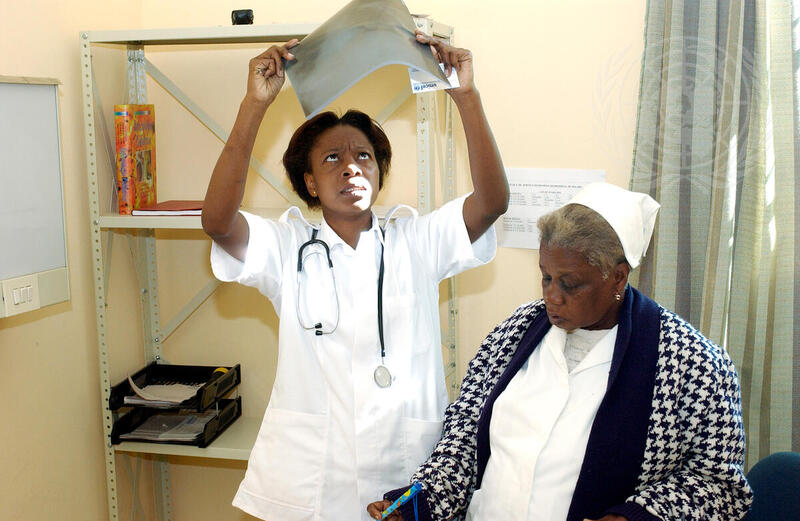Mozambique could see thousands dead from HIV due to USAID funding cuts
Experts say cuts have led to decrease in HIV testing and treatment in Mozambique

Experts meeting at the International AIDS Society’s Conference on HIV Science in Kigali, Rwanda, July 13-17 warned that global gains in the fight against AIDS are at risk amid sudden funding cuts from the US Agency for International Development (USAID).
Anna Grimsrud, Senior Technical Advisor at the International AIDS Society, presented real-time evidence from Mozambique that funding cuts have disrupted HIV services and strained national health systems.
Mozambique has the third-highest number of people living with HIV globally, and health facilities serve approximately 2 million of the 2.4 million people living with HIV. To evaluate the impact of the US funding cuts on HIV services, the authors compared select indicators from the country’s district health information system in February 2024 and February 2025.
They found that there was a 25% reduction in antiretroviral therapy (ART) initiation among adults, from over 22,000 to just over 17,000, in February 2025 compared to February 2024. Among those on treatment, there was a 38% reduction in viral load tests performed. There was also a 37% reduction in test results received and a 33% reduction in the number of results showing viral suppression.
Among children, there was a 44% reduction in viral load tests, a 71% reduction in test results received, and a 43% reduction in virally suppressed results, indicating a disproportionate impact on the child population.
The study projected that, if the funding interruption persists, Mozambique could see an estimated increase of 83,000 new HIV acquisitions (a 15% rise) and 14,000 additional HIV-related deaths (a 10% increase) by the year 2030.
The conference also heard similar reports from Khensani Chauke of the Gauteng Provincial Department of Health, Pretoria, South Africa, who presented a study showing how funding cuts stalled progress toward ending the HIV pandemic in Johannesburg.
Johannesburg was the recipient of an Accelerating Program Achievements to Control HIV Epidemic award, funded through the US President’s Emergency Plan For AIDS Relief (PEPFAR), to support achievement of the 95-95-95 goals — the UNAIDS targets to end the HIV epidemic by 2030 — but the award was withdrawn in February 2025. That impacted key healthcare workers, including counsellors providing community-based HIV testing to vulnerable populations.
The study team assessed the impact of the award termination by comparing HIV tests, HIV diagnoses and ART initiations from 2023 to 2025. They found that testing decreased by 8.5% from Q1 2024 to Q1 2025. There was also a 31% decline in HIV diagnoses and a 30% decline in ART initiations. HIV positivity declined from 3% to 2.2%.




